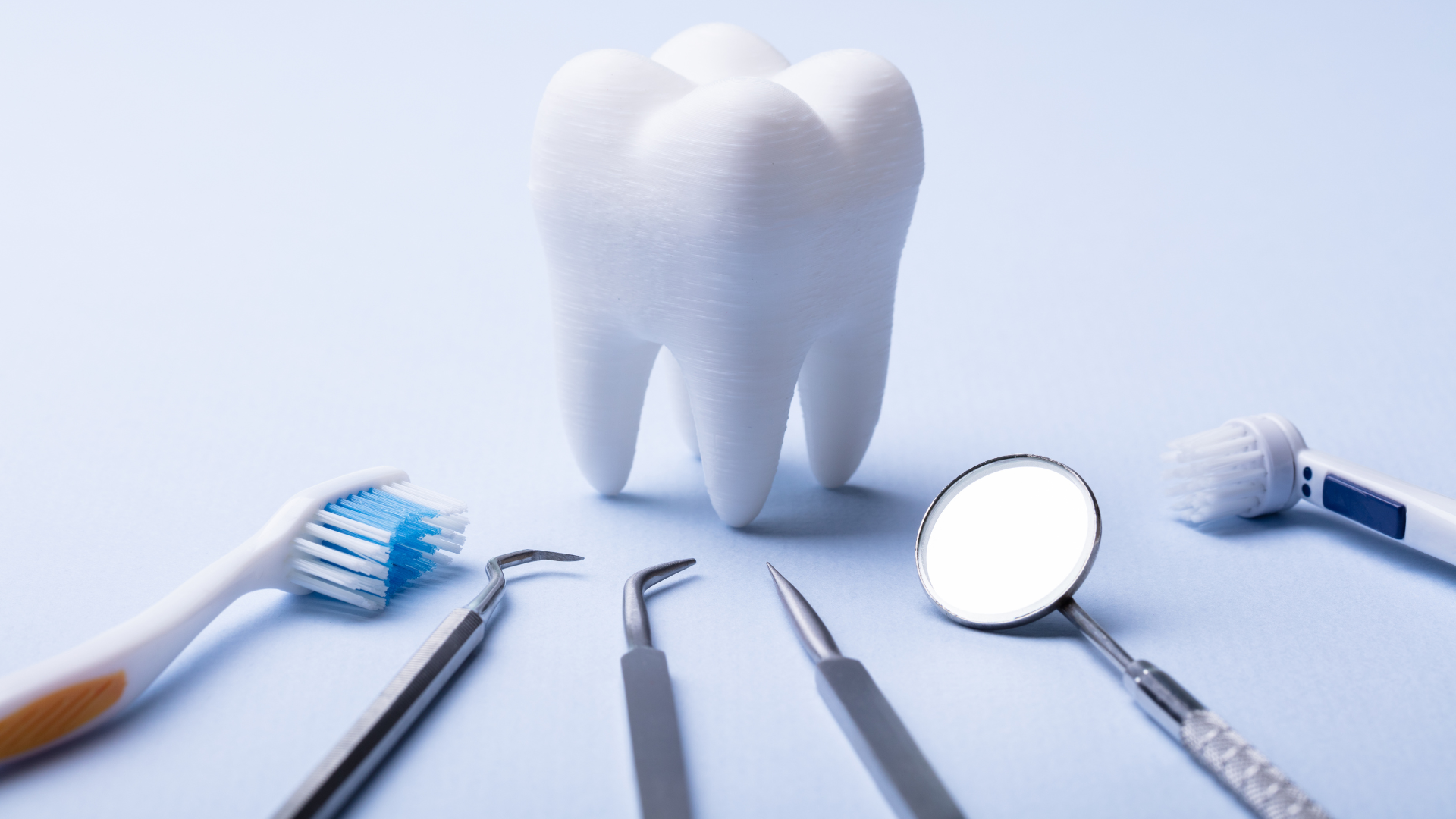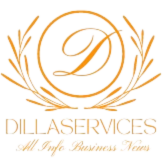
You can never fully prepare for life’s little emergencies – chances are that they usually pop up when you least expect them, such as on holiday. Dental emergencies on holiday are not uncommon for travellers, but this doesn’t mean that you always know what to do when they strike.
Travelling can often aggravate certain dental conditions and make them worse, causing dental emergencies to strike. Unexpected toothache, broken or chipped teeth or painful aches can happen at any time, but you don’t need to suffer when on holiday or travelling. No matter where you travel, there is the likelihood that you will be able to find dental care, so let’s take a look at what you can do in the event of a dental emergency abroad.
Signs You May Need Emergency Dental Care
- Tooth loss
- You’ve lost a crown or filling
- You’ve sustained an injury to your gums, mouth or tongue through trauma
- A tooth becomes dislodged, chipped, fractured or loose
- Sudden, intense pain
- Your gums or mouth becomes swollen
If you notice any of the above signs, then the response is dependent on the situation and severity of the issue. In the most severe cases, immediate action should be taken to prevent further complications and pain.
Common Dental Complaints
Toothache & Pain
Sudden, severe toothache should be considered a dental emergency. Many people will dismiss toothache as a slight, insignificant problem but it can often be a sign of a much deeper and complicated problem. If the pain is sudden and worsens over a short period of time, then this should be investigated as it could signal an infection or abscess and you may need antibiotics.
Flying can be a cause of dental pain due to air pressure imbalances and the discomfort this causes shouldn’t be a cause for concern. But, sometimes if you have chips or cavities in your teeth, air can enter this space when flying and cause it to expand, leading to pain and discomfort.
Broken Invisalign Aligners
You should always remove your Invisalign aligners before eating and drinking, but sometimes even the most careful of patients can forget. Whilst Invisalign trays are made of strong, durable plastic, this doesn’t mean that they are indestructible and often, trays can crack or break in half.
If this happens whilst you are on holiday, then the best thing to do is to stop wearing the broken aligner, as this could cause injury to your mouth. If you have any old aligners, then wear these until you can get home and book an appointment with your provider for Invisalign in Wakefield. By visiting your dentist as soon as you get home, you can ensure your progress isn’t hindered.
How To Deal With A Dental Emergency When Abroad
The best thing to do is to research whether dental emergencies are covered by your travel and health insurance, or if you are part of a dental plan at home, check to see if your dentist offers worldwide dental cover as a lot of policies do. If you are covered, you can check in with a local practice that is included in your insurance. If you aren’t covered, then how you react is dependent on the emergency – for example, if you have lost a tooth or have damage within the mouth, this needs to be checked as soon as possible.
It is good to get an idea of the cost so that, if you do need treatment abroad, you’re not shocked or put off by the price. Once you get home, make an appointment with your dentist in Wakefield, Manchester or Leeds to have a full assessment and consultation as further treatment may be suggested.
